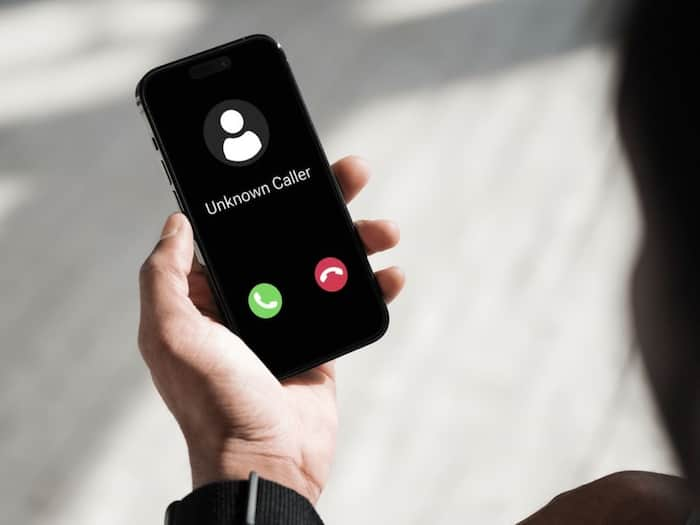
Written By Shubham Arora
Published By: Shubham Arora | Published: Oct 29, 2025, 11:31 PM (IST)

India is finally getting an official caller identification feature that doesn’t rely on apps like Truecaller. The Telecom Regulatory Authority of India (TRAI) has approved a new framework from the Department of Telecommunications (DoT) to display the real name of the caller on your phone screen. Also Read: How iOS 26 Helps You Stop Spam Calls: 7 Things To Know
The service, called Calling Name Presentation (CNAP), will show the name of the person making the call – exactly as it appears in their telecom records. So, when someone calls, their verified name (used during SIM registration) will appear automatically, helping users know who’s calling even before picking up. Also Read: Annoyed By Spam Calls? Here’s How To Block Them On Samsung, OnePlus, And Xiaomi Phones
Currently, when you get a call, your phone only shows the number – known as Calling Line Identification (CLI). CNAP changes that by pulling the registered name from your operator’s official subscriber database and displaying it in real time. This verified name system will be built directly into India’s telecom network, making it far more accurate than third-party apps.
TRAI has confirmed that the feature will be turned on by default for all users. However, anyone who doesn’t want their name displayed will have the option to opt out by contacting their telecom operator.
Every telecom company will be required to maintain a Calling Name (CNAM) database that links each phone number with the name verified during KYC. When someone makes a call, the recipient’s operator will fetch that name from the database and show it on screen. The entire process will happen within seconds, working across both smartphones and basic feature phones.
Before approval, the DoT tested CNAP across 4G and 5G networks in select Indian cities. The trials highlighted some technical issues – such as missing software patches and the need for network upgrades – but the system was found effective in identifying callers accurately.
Once telecom operators finish backend integration, CNAP will be rolled out as part of regular mobile services, not as a separate app. While there’s no confirmed rollout date yet, work has already started at the operator level.
If implemented nationwide, India’s CNAP could become one of the world’s largest verified caller ID systems – giving users more control and putting an end to spam and scam calls that flood phones every day.